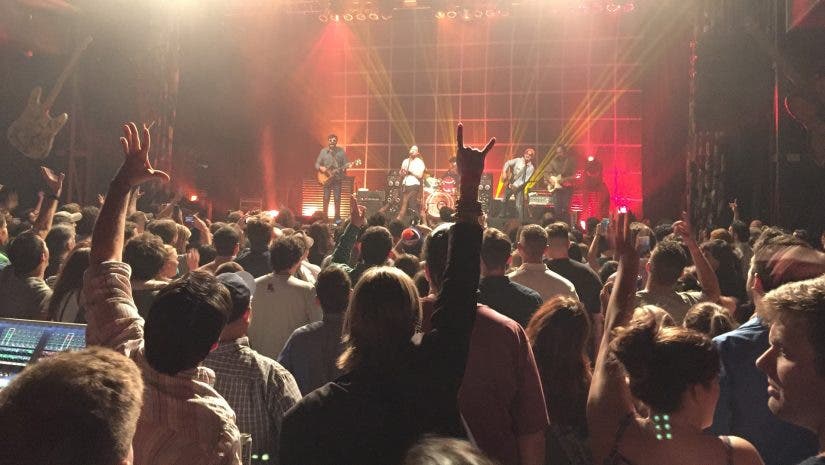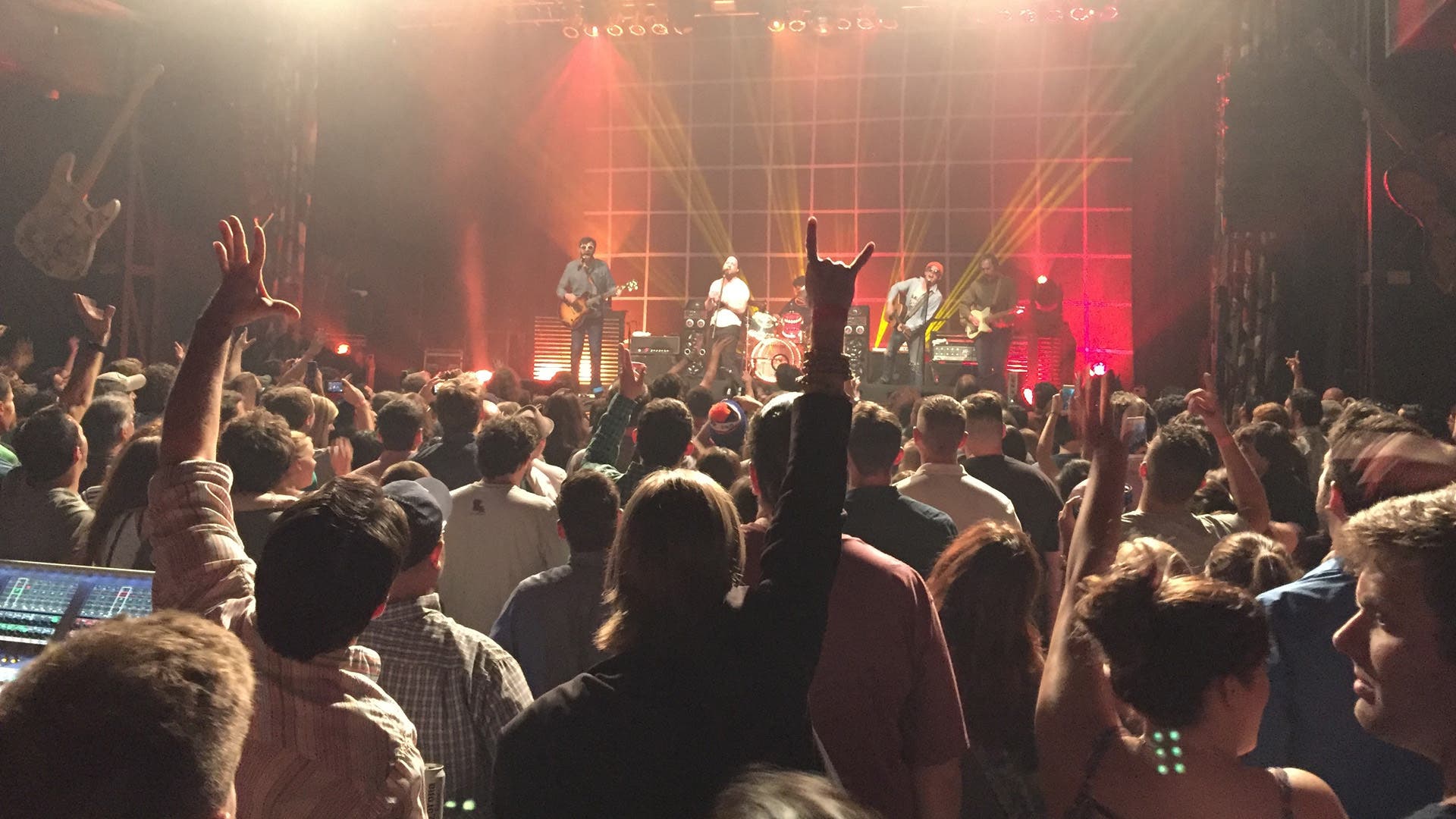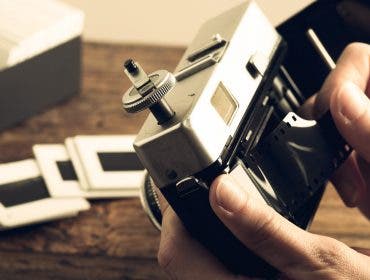When a band performs live, they often rely solely on the sound engineer to make them sound good to the audience. When they do that, they are making a big mistake. The band should work together with the sound engineer to create the best possible sound. The artist needs to be aware of the sounds they are creating and learn how to communicate clearly with the sound engineer. EQ plays a large role in how artists sound. The blend of low, mid, and high frequencies need be just right to create the right sonic experience. Here are some of the biggest EQ mistakes that performing artists make.
- Being rude to the sound engineer
No matter how delicately you EQ your amplifier or intonate your guitar, the audience can’t hear it clearly unless the sound engineer is on your side. Too many bands treat the sound engineer like an employee and are just straight up rude. This will cause the sound engineer to check out and not care about your set. As a result, he won’t EQ your instruments well and he won’t mix your levels well. Introduce yourself when you first get there. Shake hands. Say please and thank you. Offer them a drink or a snack. You will be surprised how much better you sound when the sound guy feels appreciated.
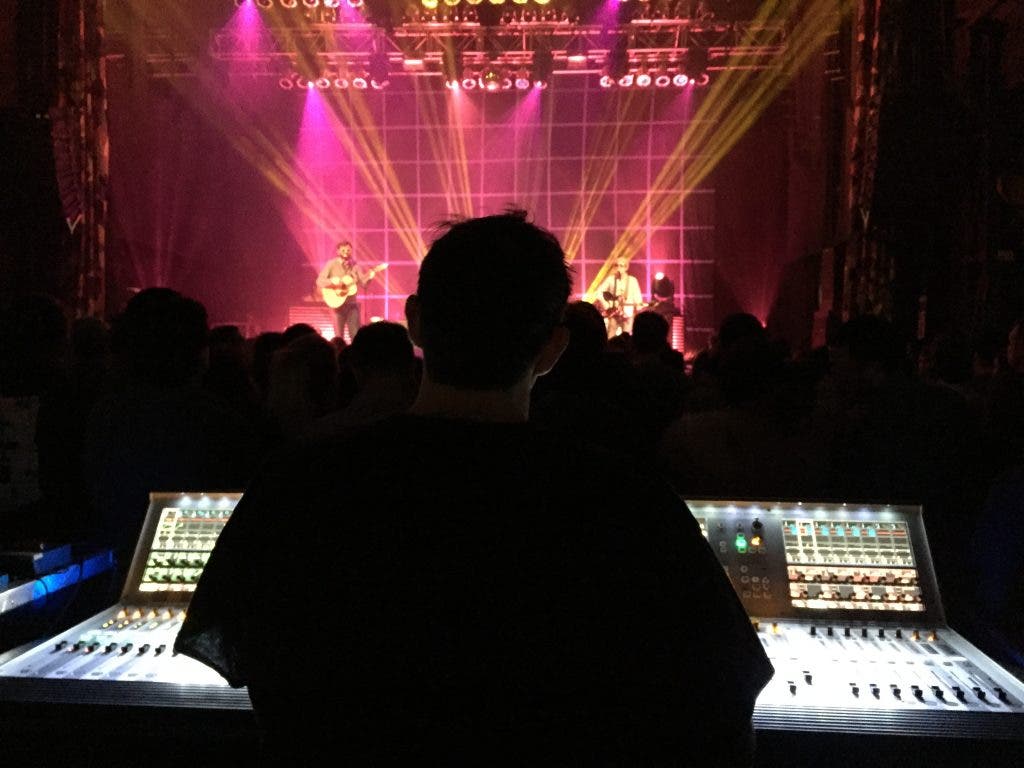
- Playing too loud
Yes, rock music is supposed to be loud. I understand that. But, let the sound engineer make you loud. When you turn your Marshall full-stack up all the way, you are fighting the house system. Instead of balancing all the instruments to each other, the engineer has to try to balance everything to the sound of your screaming guitar amp. When you are sound-checking ask the engineer if your stage levels are too loud. If he asks you to turn down, it is not because he doesn’t like you, it is because he wants to able to make the whole band sound balanced. Trust me, you will still be just as loud in the house.
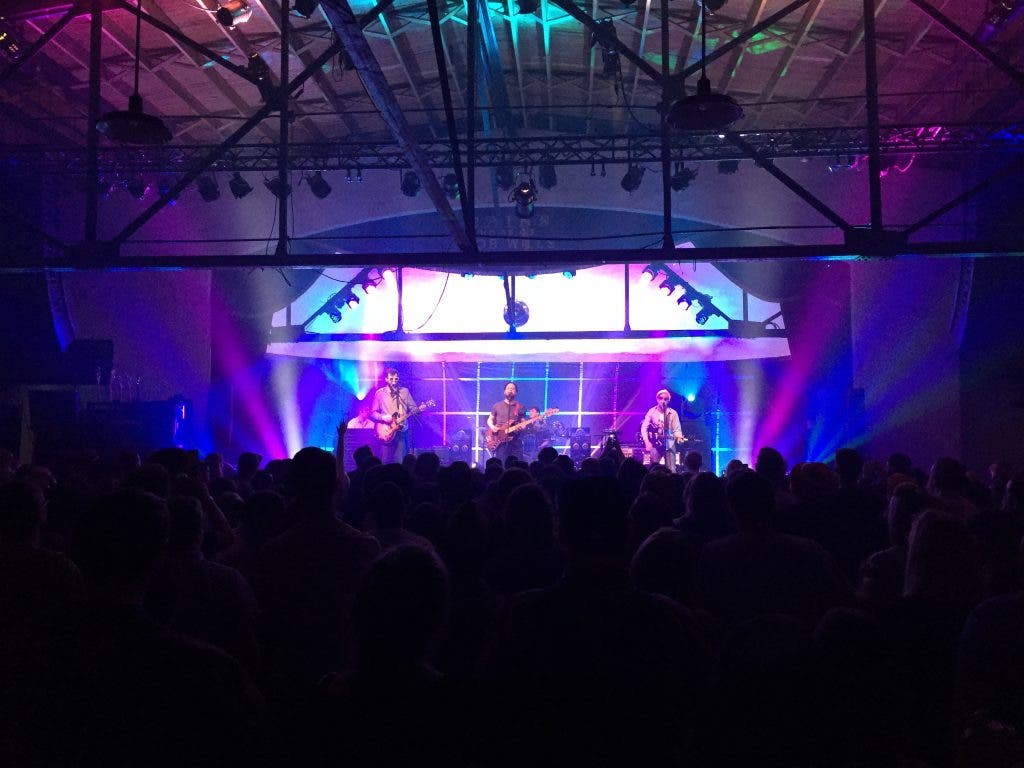
- Too much low end on the bass amp
Bass is the sonic foundation of the band. Many bass players boost the low frequencies to create a greater bottom end from their amp. This should be avoided when playing a proper stage. The house sound system has big subwoofers that are going to do a much better job creating that low end than your bass amp. All you are doing is making it harder for everyone else on stage to hear. The low frequencies roll around on stage. It makes it harder for vocalists to hear their monitors and it muddles up general clarity on stage. Your bass amp on stage should be used more like a monitor than anything. Make sure you can hear yourself clearly and let the sound engineer handle the rest.
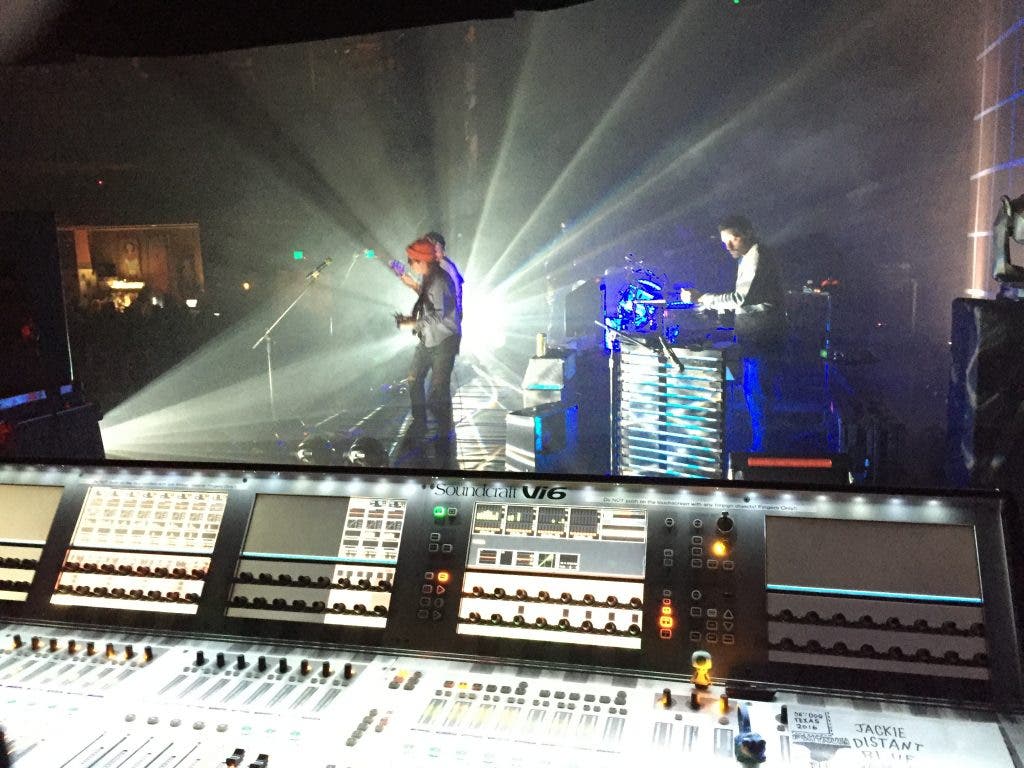
- Guitar amplifiers are too bright
What works in recording doesn’t always work in a live situation. One of my biggest complaints with guitar players is that they boost the high frequencies too much. This creates a bright sound that can fatigue the ear quickly. Make sure to get some distance from the amp and listen. If it is piercing or shrill then roll off the highs a bit or try a different pickup.
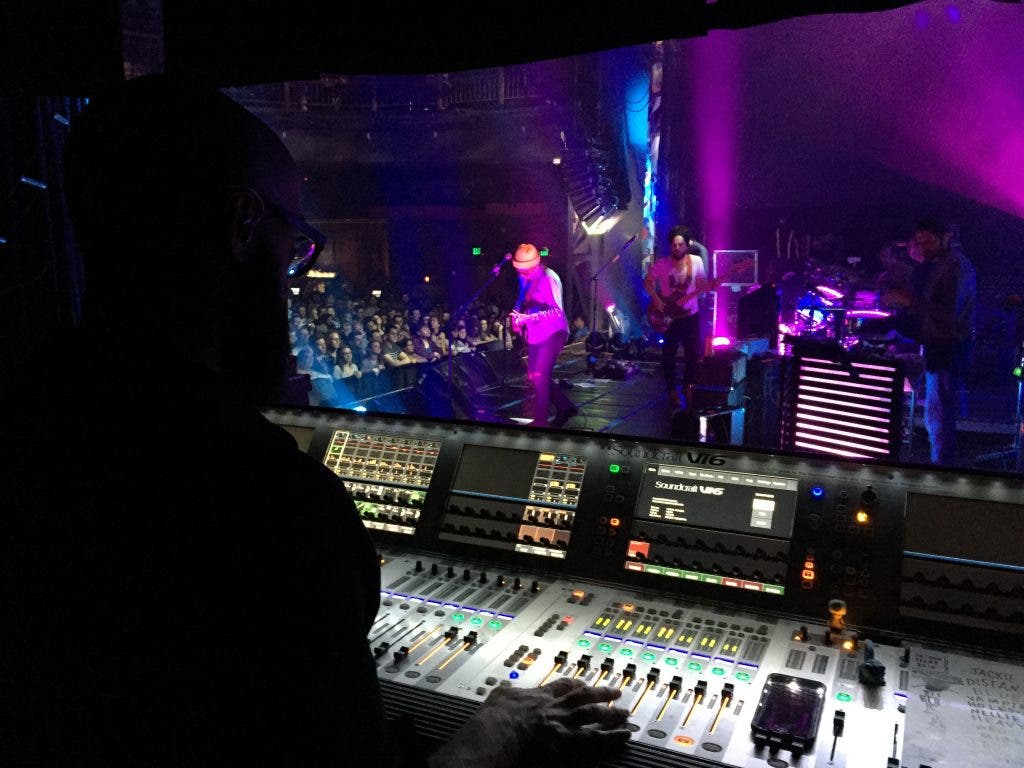
- Not ringing out the vocal mics
There is nothing worse than feedback at a live concert. Most times that feedback is coming from the vocal microphone. During sound check you can take steps to avoid this feedback with the sound engineer. This is a process called “ringing out”. In order to do this, cup your hand and bring it close to the microphone. When you hear it start to feedback, move your hand away. Using a spectrum analyzer, the sound engineer can then see what frequencies are feeding back and then cut those frequencies in the stage monitors. You repeat this until almost all of the feedback is gone. It does result in losing some of the high frequencies from the vocalist’s monitor mix. I think most of us are willing to make that sacrifice to avoid feedback during our performance.
